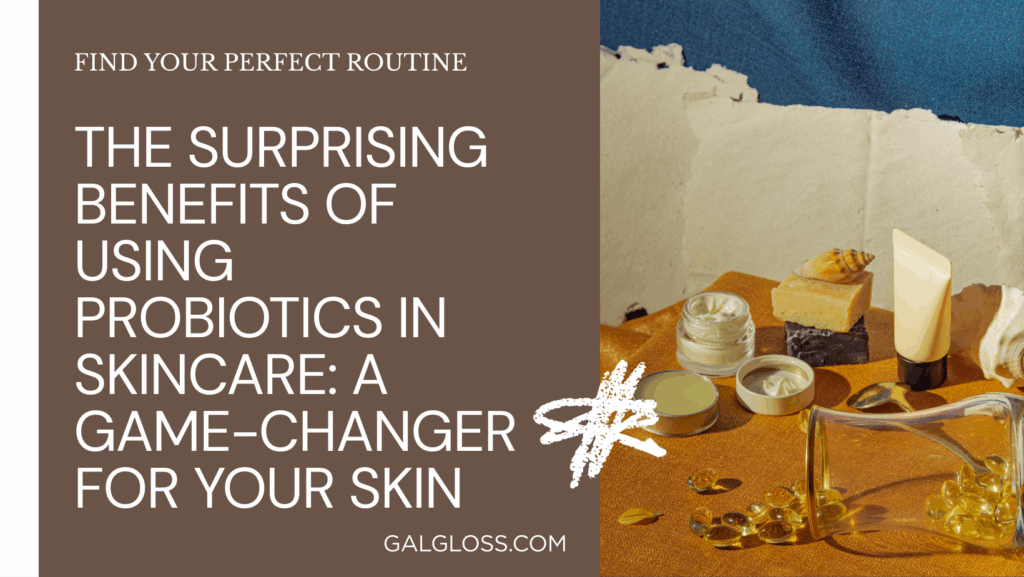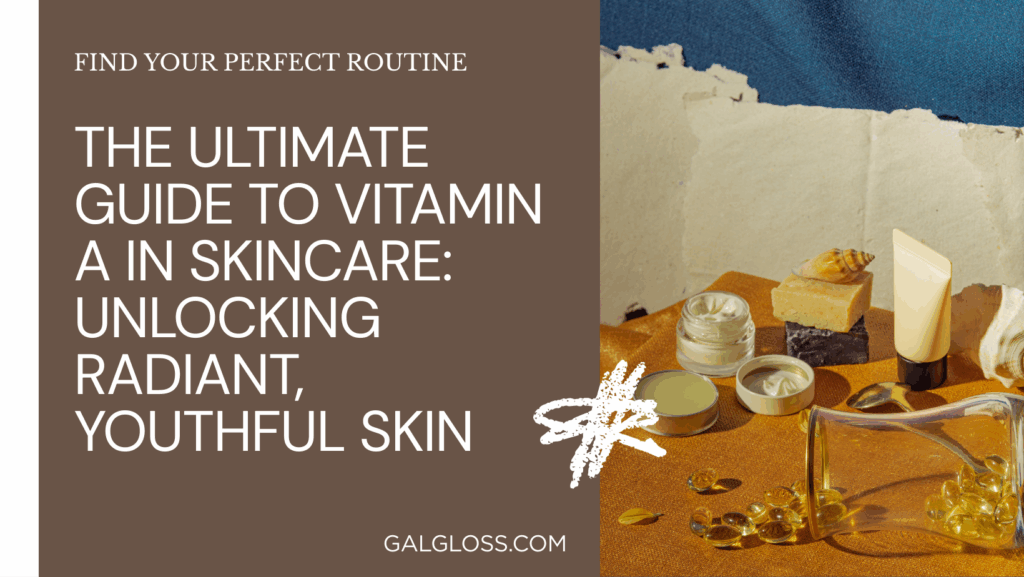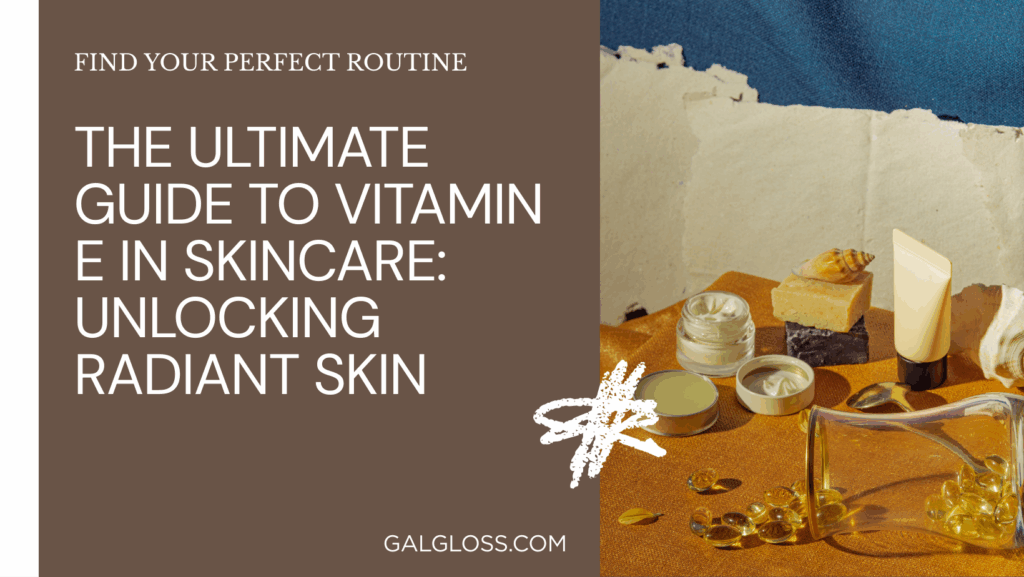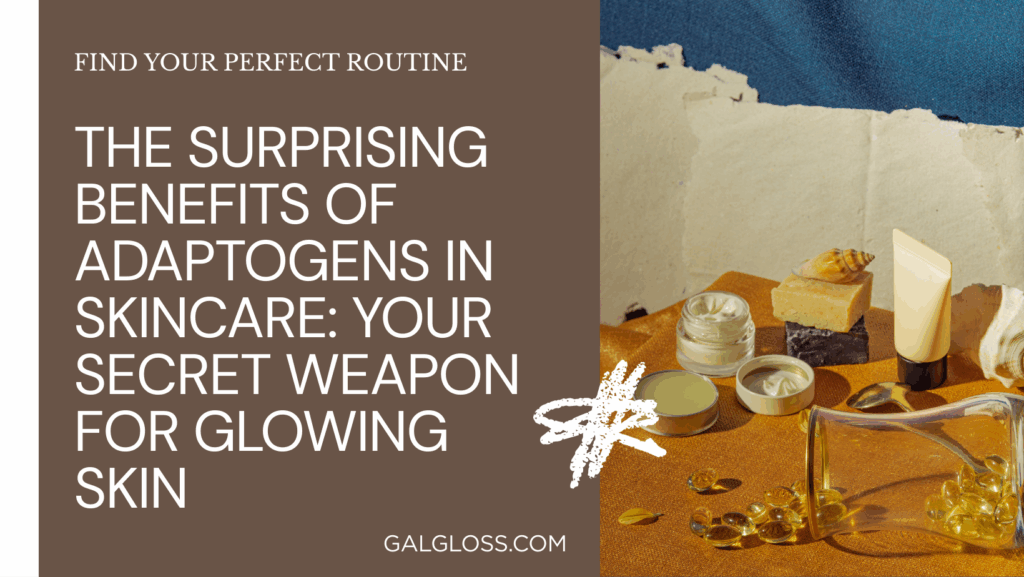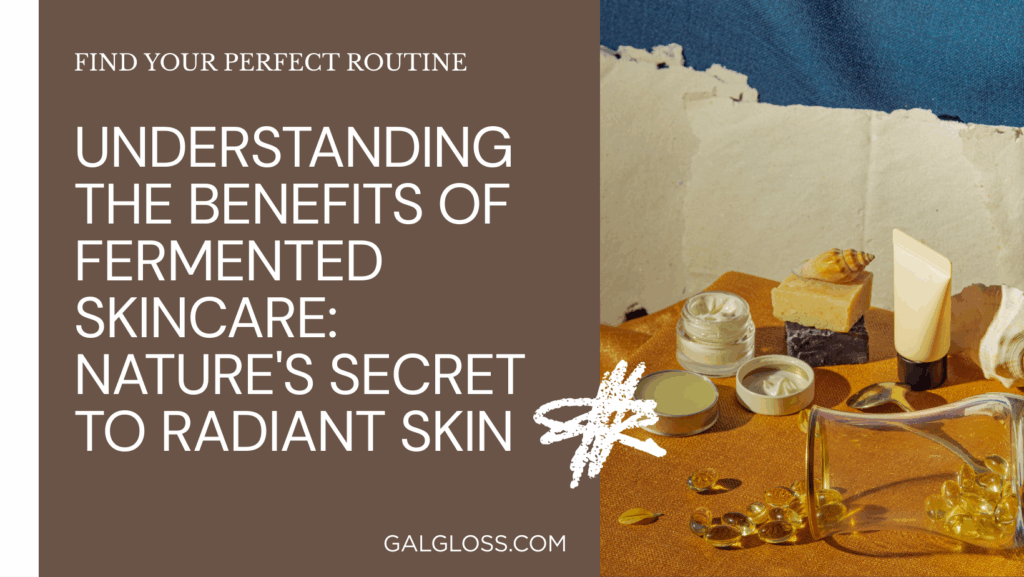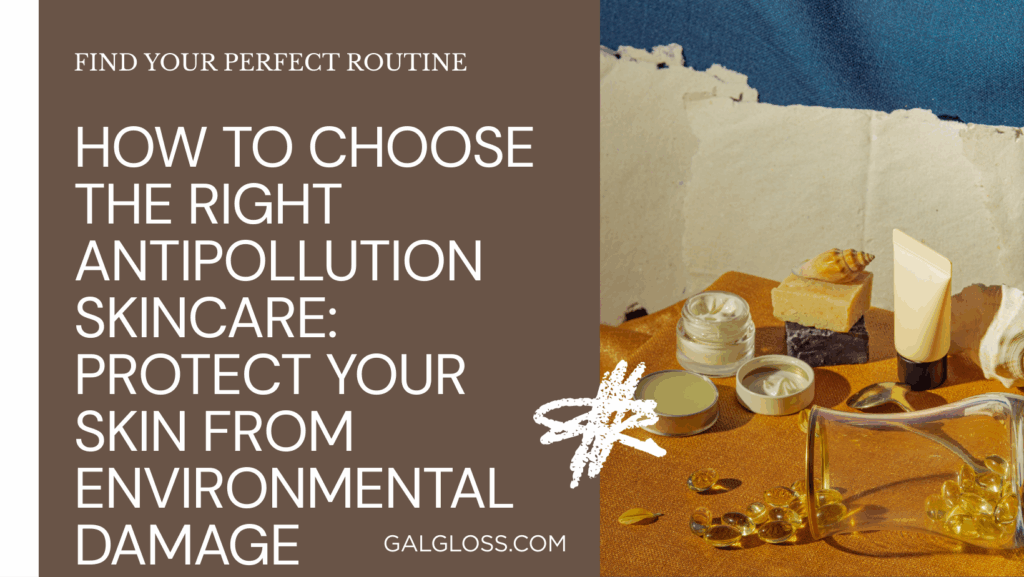Ever wondered why vitamin C is all the rage in skincare lately? You’re not alone! This powerhouse ingredient has taken the beauty world by storm, and for good reason. But what exactly is vitamin C, and why should you care about slathering it on your face?
Let’s break it down. Vitamin C, also known as ascorbic acid, is a water-soluble vitamin that’s essential for our bodies. We usually think of it as something we eat to boost our immune system, but guess what? It’s also a skincare superstar when applied topically.
Why is everyone buzzing about vitamin C in skincare? Well, it’s like a multitool for your face. It brightens, protects, and rejuvenates all at once. Imagine having a magic wand that could make your skin glow, fade those pesky dark spots, and fight off wrinkles. That’s vitamin C for you!
What Does Vitamin C Do for Your Skin?
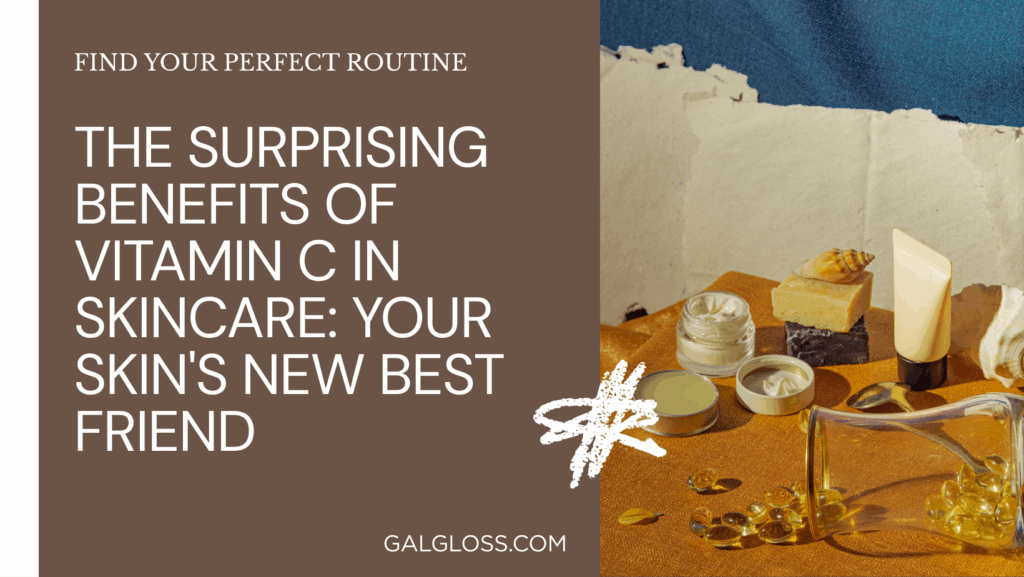
You might be thinking, “Okay, but what can vitamin C actually do for my skin?” Buckle up, because the list is pretty impressive:
- Brightens complexion: Feeling a bit dull? Vitamin C can perk up your skin like a morning cup of coffee.
- Fades dark spots: Those stubborn sun spots and acne scars? Vitamin C helps even out your skin tone.
- Boosts collagen production: Want plumper, firmer skin? Vitamin C is like a cheerleader for collagen.
- Protects against sun damage: It’s not a substitute for sunscreen, but it gives your SPF a helping hand.
- Reduces inflammation: Got sensitive, red skin? Vitamin C can help calm things down.
But here’s the thing – not all vitamin C products are created equal. There’s a whole science behind getting the most out of this wonder ingredient.
Types of Vitamin C in Skincare Products
When you’re shopping for vitamin C skincare, you might feel like you need a chemistry degree. Don’t worry, I’ve got you covered. Here are the main types you’ll see:
- L-ascorbic acid: This is the purest form of vitamin C. It’s potent but can be unstable.
- Magnesium ascorbyl phosphate: A more stable, gentler form that’s great for sensitive skin.
- Sodium ascorbyl phosphate: Another stable form that’s less likely to irritate.
- Ascorbyl palmitate: This oil-soluble form is often used in moisturizers.
Each type has its pros and cons, so it’s worth experimenting to see what works best for your skin.
How to Choose the Right Vitamin C Product
Picking the perfect vitamin C product can feel like finding a needle in a haystack. Here’s what to look out for:
- Concentration levels: Generally, you want a product with 10-20% vitamin C. More isn’t always better – high concentrations can irritate some skin types.
- Packaging considerations: Vitamin C is sensitive to light and air. Look for products in dark, airtight containers to keep it fresh.
- Complementary ingredients: Vitamin C plays well with others. Look for products that pair it with vitamin E and ferulic acid for a supercharged antioxidant boost.
Remember, the best product is the one that works for your skin. Don’t be afraid to try samples before committing to a full-size product.
Best Ways to Use Vitamin C in Your Skincare Routine
So you’ve got your vitamin C product. Now what? Here’s how to get the most bang for your buck:
- Morning vs. night application: Vitamin C is great for daytime use because it boosts your sun protection. But it can be used at night too.
- Layering with other products: Generally, apply vitamin C after cleansing and before moisturizing. If you’re using other serums, go from thinnest to thickest.
- Frequency of use: Start with every other day and work up to daily use if your skin tolerates it well.
Pro tip: If you’re using retinol, use vitamin C in the morning and retinol at night to avoid irritation.
Potential Side Effects and Precautions
Vitamin C is generally safe, but it’s not for everyone. Here’s what to watch out for:
- Skin irritation: Some people might experience redness or tingling. If this happens, try a lower concentration or a different form of vitamin C.
- Oxidation concerns: If your vitamin C product turns brown, it’s oxidized and less effective. Time for a new bottle!
- Who should avoid vitamin C?: If you have very sensitive skin or are prone to allergies, do a patch test first.
DIY Vitamin C Skincare Recipes
Feeling crafty? You can make your own vitamin C skincare at home. Here’s a simple serum recipe:
Ingredients:
- 1/4 tsp L-ascorbic acid powder
- 1 tsp distilled water
- 1 tsp glycerin
Instructions:
- Mix the L-ascorbic acid powder with distilled water until dissolved.
- Add glycerin and mix well.
- Apply to clean skin immediately.
Remember, homemade products don’t last long. Make small batches and use within a week.
Comparing Vitamin C to Other Skincare Ingredients
Vitamin C isn’t the only skin-loving ingredient out there. Let’s see how it stacks up:
Vitamin C vs. Retinol:
- Vitamin C: Brightens, protects, boosts collagen
- Retinol: Speeds cell turnover, fights acne, reduces fine lines
- Can be used together, but at different times of day
Vitamin C vs. Niacinamide:
- Vitamin C: Antioxidant, brightens, boosts collagen
- Niacinamide: Regulates oil, minimizes pores, strengthens skin barrier
- Can be used together for enhanced benefits
FAQs About Vitamin C in Skincare
Still have questions? I’ve got answers:
- How long does it take to see results from vitamin C? It depends, but most people see some improvement in 4-12 weeks.
- Can I use vitamin C if I have acne-prone skin? Yes! Vitamin C can actually help with acne scars and inflammation.
- Is vitamin C safe during pregnancy? Topical vitamin C is generally considered safe, but always check with your doctor.
- Can I use vitamin C with acids like AHAs or BHAs? Yes, but be careful not to overdo it. Use acids at night and vitamin C in the morning.
- Does vitamin C make your skin more sensitive to the sun? No, it actually helps protect your skin from sun damage. But you still need sunscreen!
The Science Behind Vitamin C’s Skin Benefits
Let’s geek out for a moment. How does vitamin C actually work its magic on your skin?
- Antioxidant action: Vitamin C neutralizes free radicals, those pesky molecules that cause oxidative stress and premature aging.
- Collagen synthesis: It’s a key player in collagen production, helping to keep your skin firm and plump.
- Tyrosinase inhibition: Vitamin C helps slow down melanin production, which is why it’s great for fading dark spots.
- Inflammatory mediator: It can help reduce skin inflammation, making it beneficial for conditions like rosacea and acne.
- Photoprotection: While not a sunscreen, vitamin C can enhance your skin’s defense against UV damage when used with SPF.
Real Talk: What to Expect from Vitamin C Skincare
Alright, let’s get real. Vitamin C is amazing, but it’s not a miracle worker. Here’s what you can realistically expect:
- Brighter skin: This is often the first benefit people notice. Your skin might look more “awake” and radiant.
- More even tone: Over time, dark spots and hyperpigmentation should start to fade.
- Firmer feel: As collagen production ramps up, your skin might feel bouncier and look plumper.
- Better defense: You might not see this, but your skin will be better equipped to fight off damage from the sun and pollution.
Remember, consistency is key. You need to use vitamin C regularly to see and maintain results.
Conclusion: Is Vitamin C Worth the Hype?
So, after all this, is vitamin C in skincare really worth the buzz? In my opinion, absolutely!
Vitamin C is like that overachieving friend who does it all. It brightens, protects, firms, and evens out your skin. Plus, it’s backed by solid science, not just marketing hype.
But here’s the thing – it’s not a one-size-fits-all solution. You might need to experiment with different forms and concentrations to find what works for you. And remember, skincare is a marathon, not a sprint. Give it time to work its magic.
Whether you’re a skincare newbie or a beauty guru, adding vitamin C to your routine could be a game-changer. So why not give your skin this citrusy boost? Your future self (with that glowing complexion) will thank you!
Now, go forth and glow! And remember, in the world of skincare, vitamin C is the zesty little friend your face didn’t know it needed.
